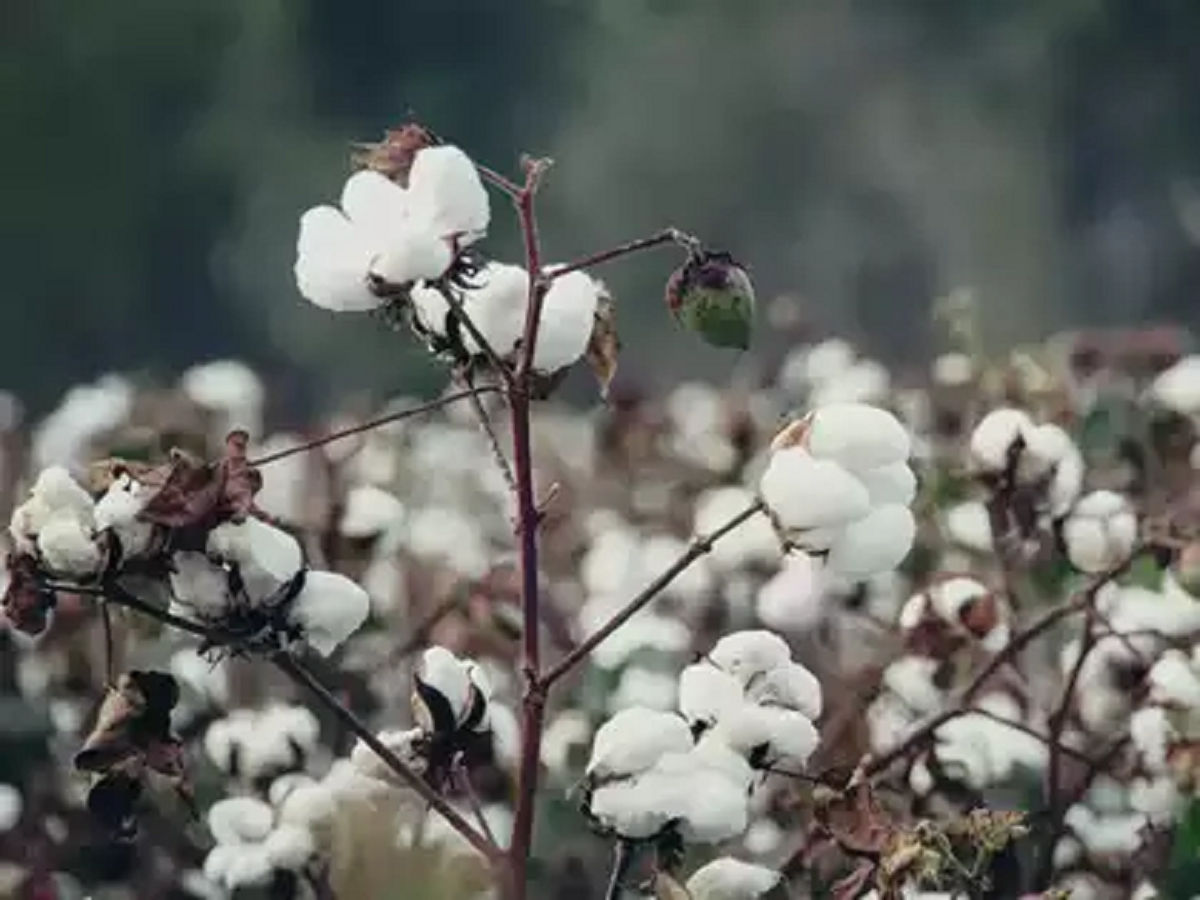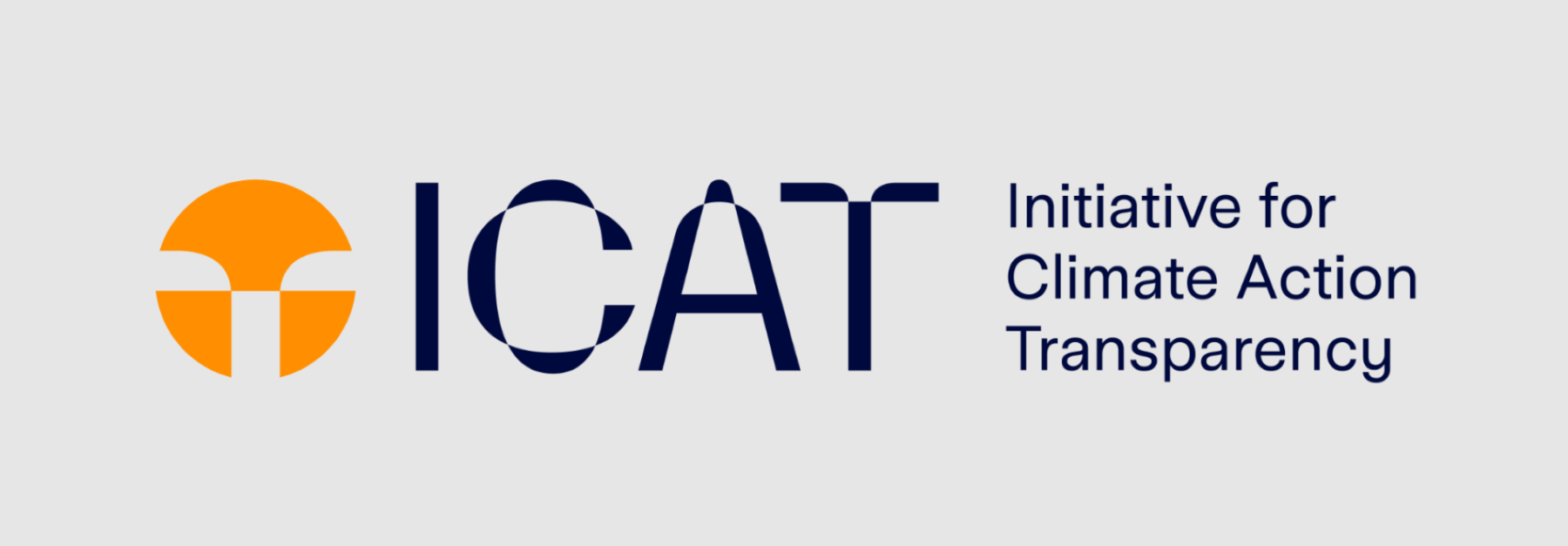On Tuesday, Cotton Council International (CCI) urged the government to eliminate the 11% import duty on short staple cotton. The industry body argues that this change is crucial to reducing costs and supporting the Indian textile industry.
Current Import Duty Landscape
In February, the government lifted the 10% import duty on Extra Long Staple (ELS) cotton, which has a staple length above 32 millimeters. However, the 11% duty on cotton with a staple length below 32 mm remains unchanged. This duty, implemented on February 2, 2021, consists of a 5% basic customs duty, a 5% tax, and a 1% social welfare charge.
Industry Impact
Marc A. Lewkowitz, President and CEO of SUPIMA, highlighted the issue during a roundtable organized by CCI. “We are here to have a conversation with our partners and to get a better understanding of the challenges and how we can help facilitate a positive change,” Lewkowitz said. “One of the issues that is a challenge to us is the import duty of about 11% that is applied to imports of cotton coming from the US.”
Lewkowitz noted that while the duty on American PIMA cotton and other cottons longer than 32 mm has been removed, the tariff on shorter staple cotton persists. This situation, he argued, negatively impacts the domestic textile industry.
India’s Cotton Production
India, a significant player in the global cotton textile industry, struggles to meet its domestic cotton needs. According to estimates, ELS cotton production accounts for less than 1% of India’s total cotton production. This shortage means that textile mills rely heavily on imported ELS cotton for manufacturing yarns, apparel, and home textiles.
Major Suppliers
The United States, Egypt, and Israel are key suppliers of ELS cotton to India. The removal of the 11% import duty on short staple cotton would help mitigate the supply gap and support the Indian textile sector in maintaining competitive production costs.
The US cotton industry continues to advocate for this policy change, emphasizing the potential benefits for both American cotton exporters and the Indian textile industry. As discussions progress, stakeholders remain hopeful for a favorable resolution that addresses the needs of both industries.



